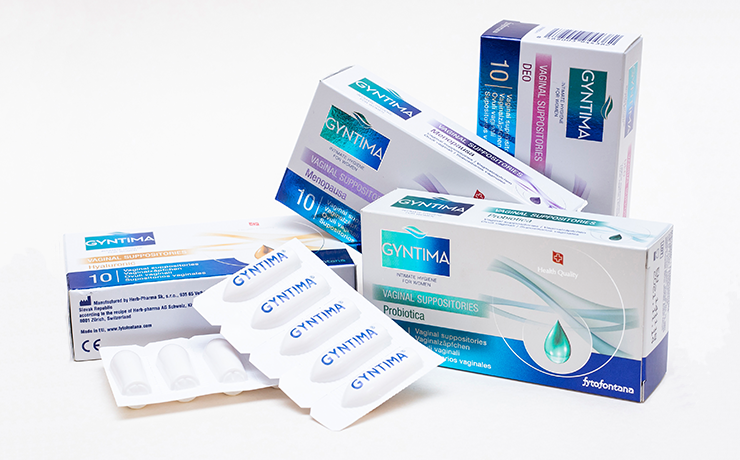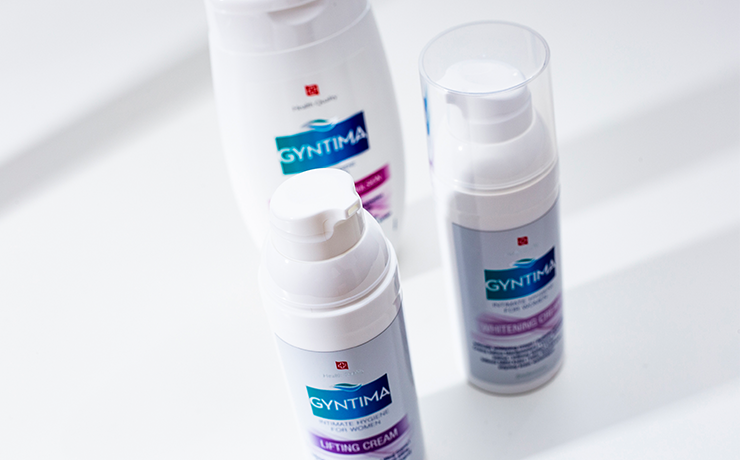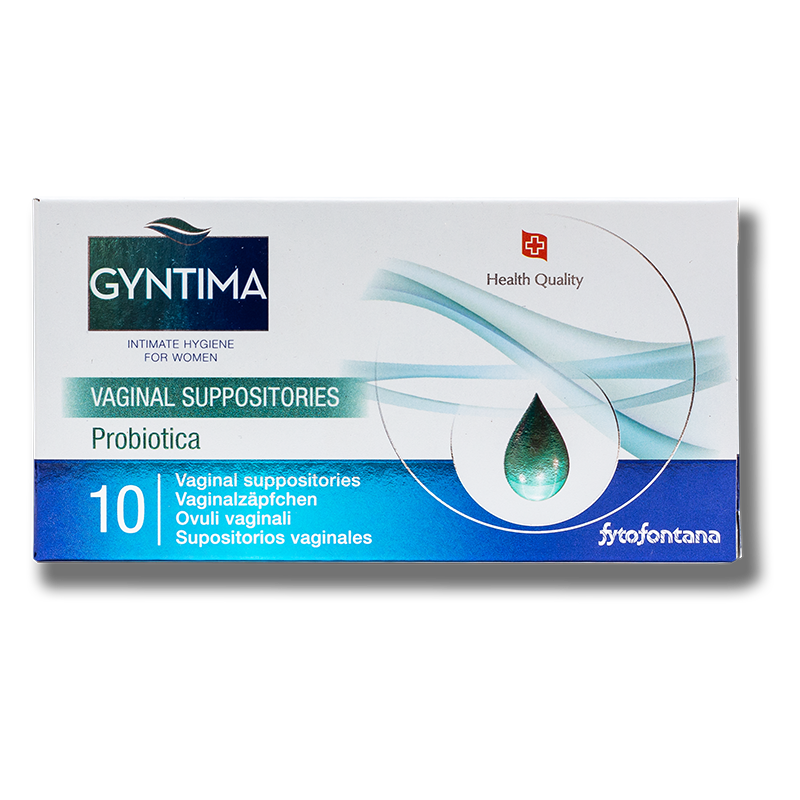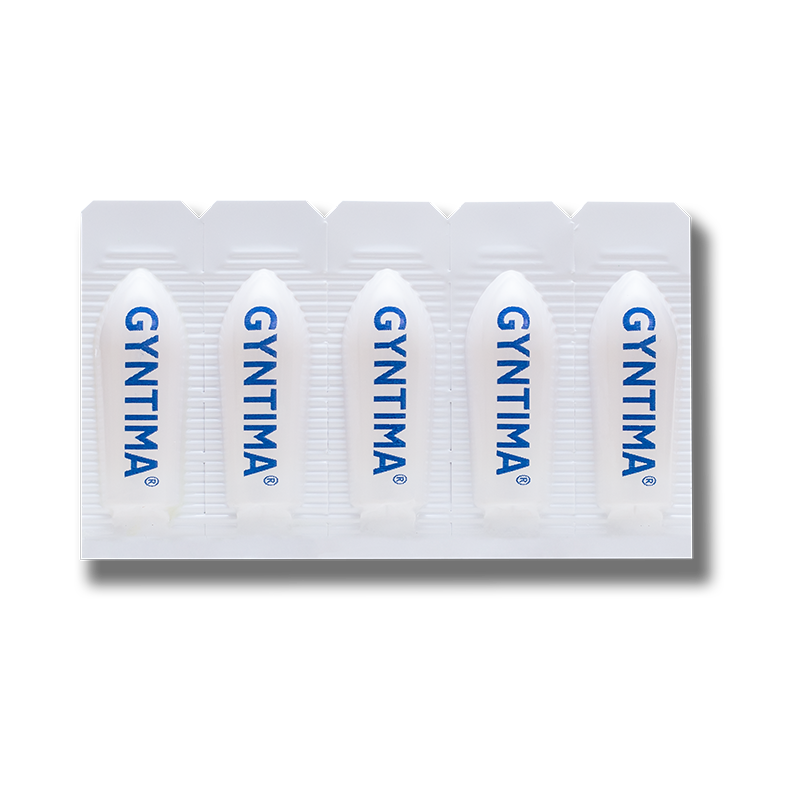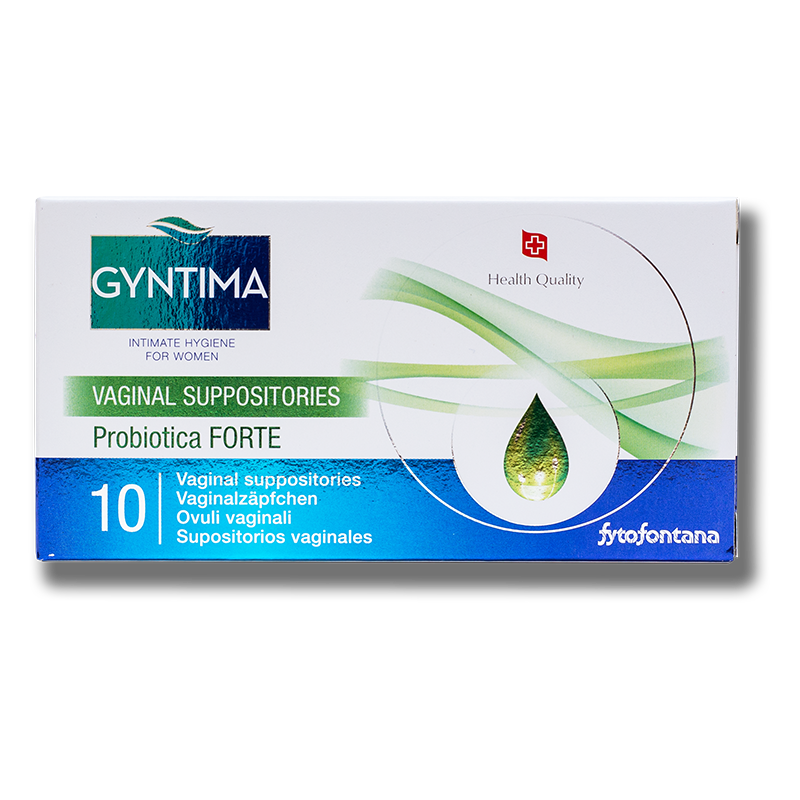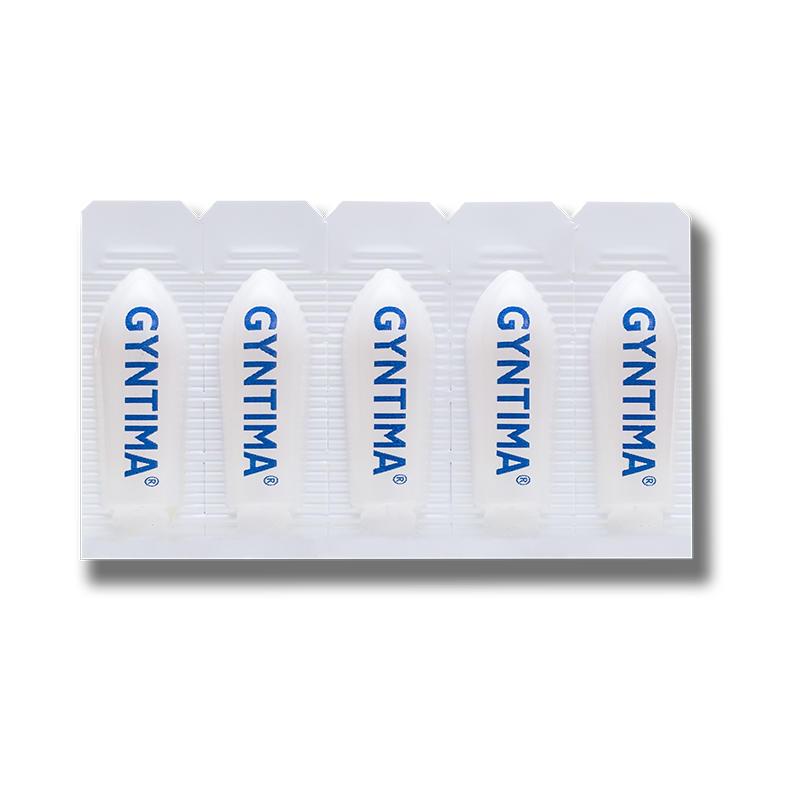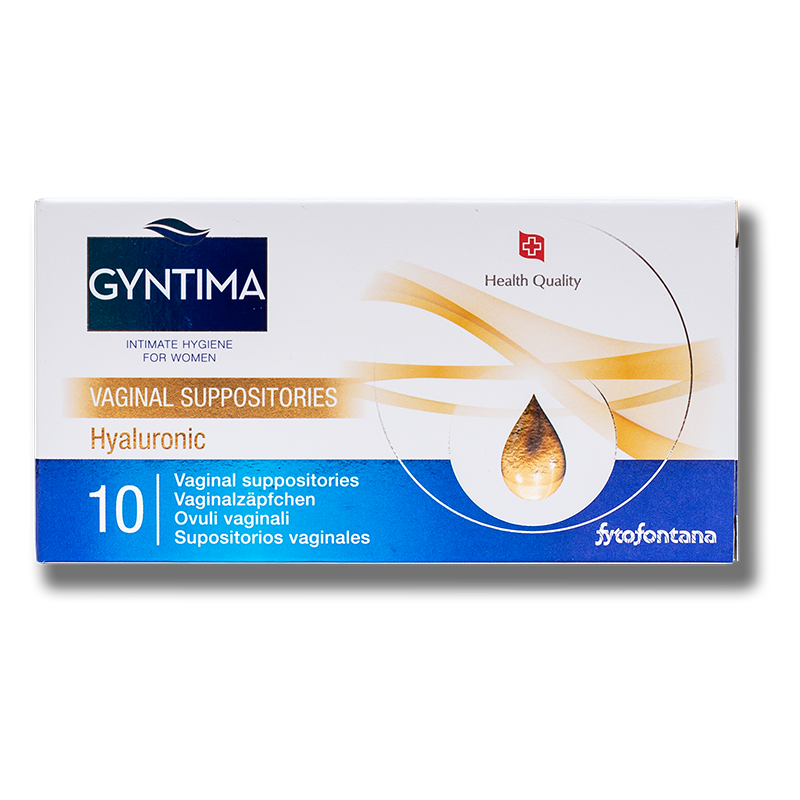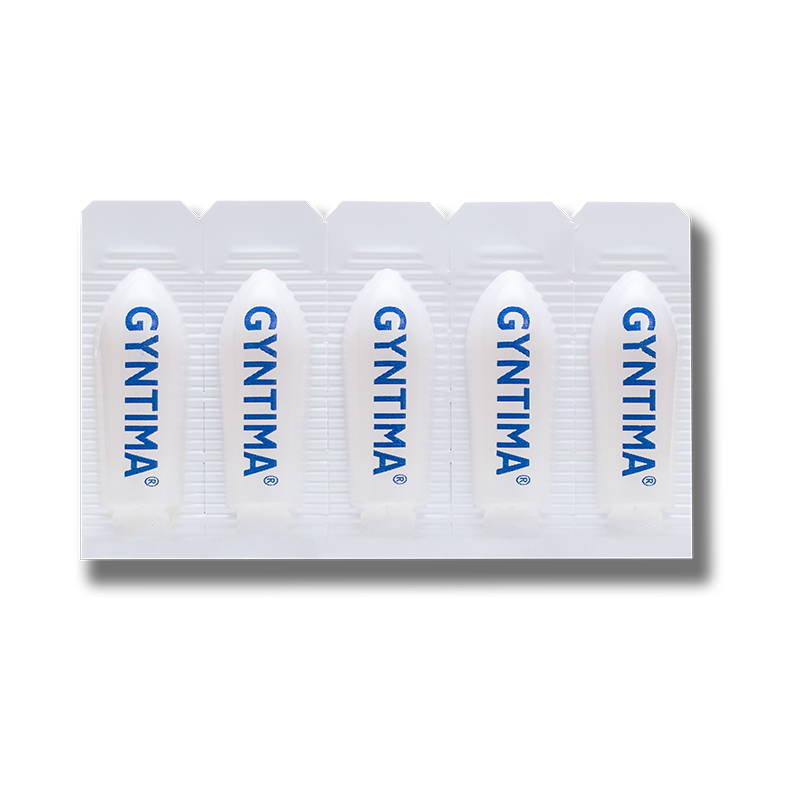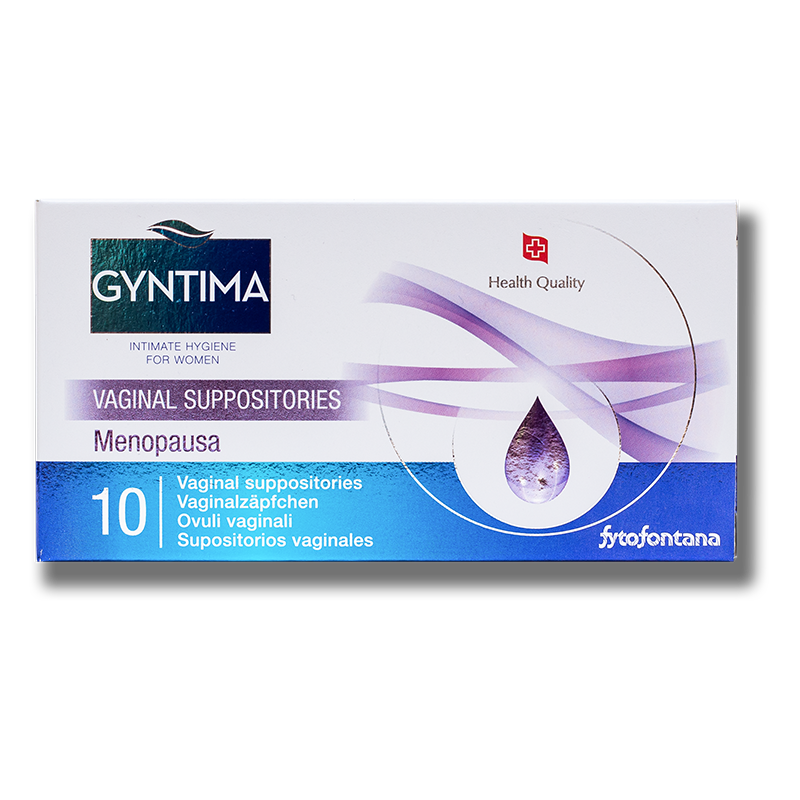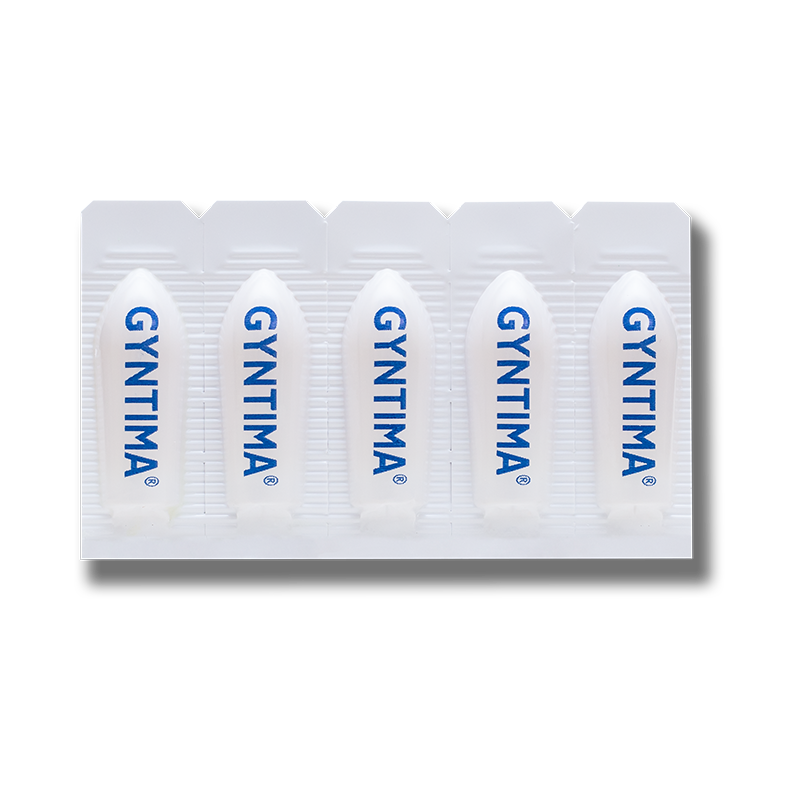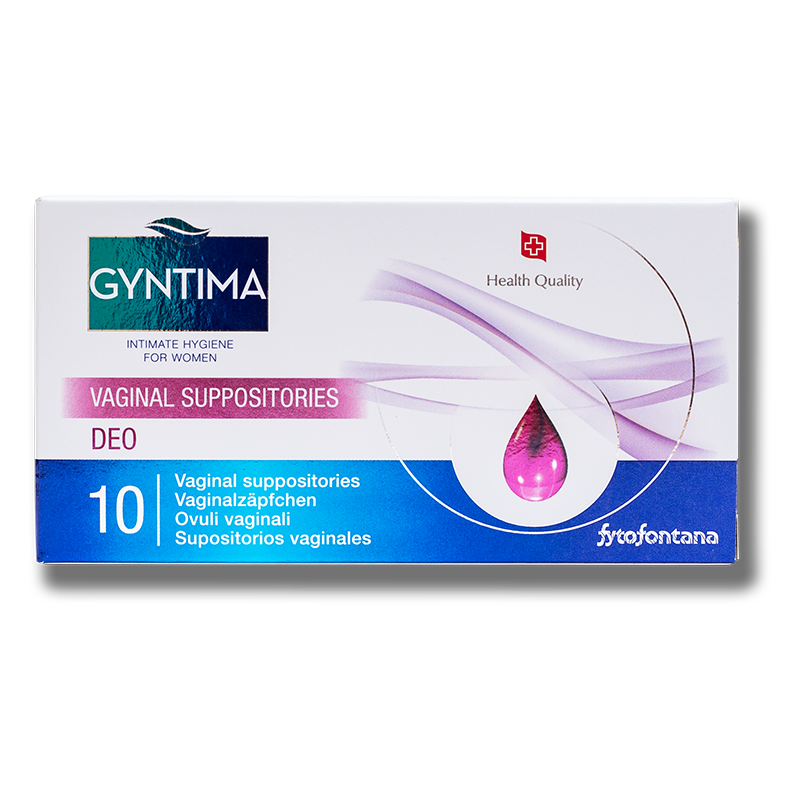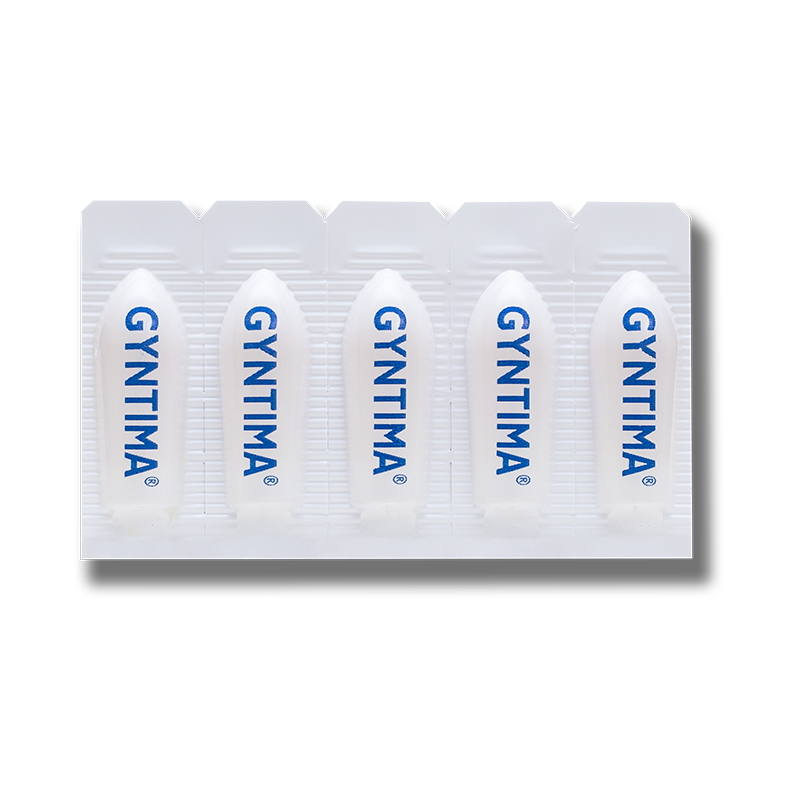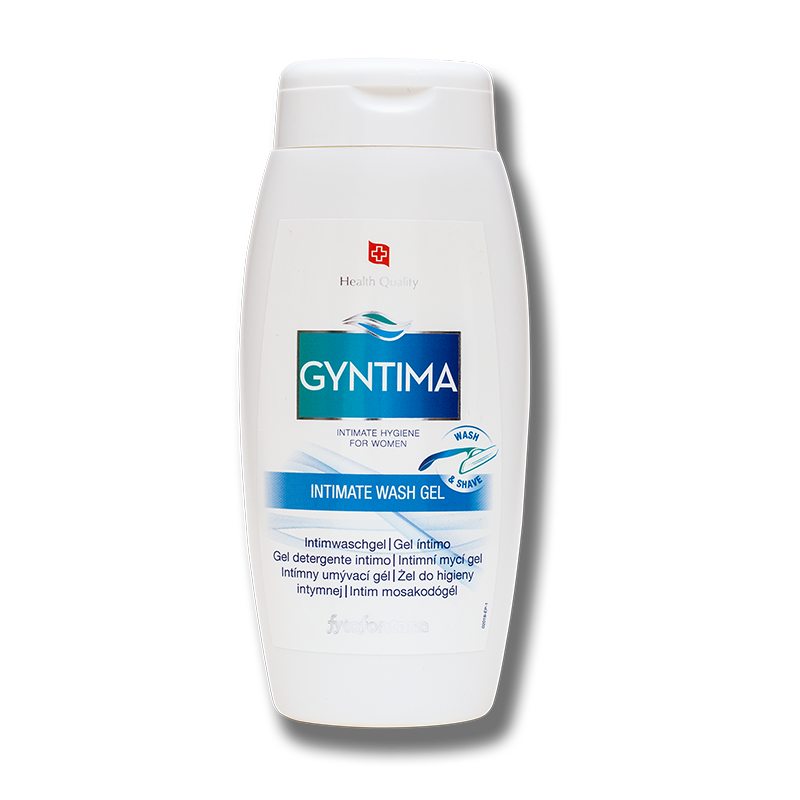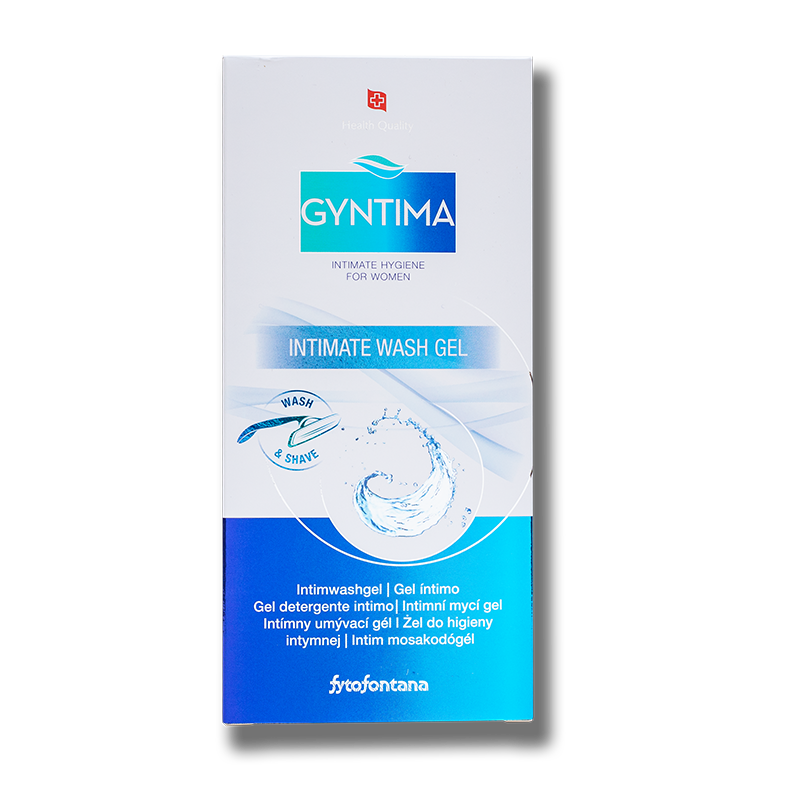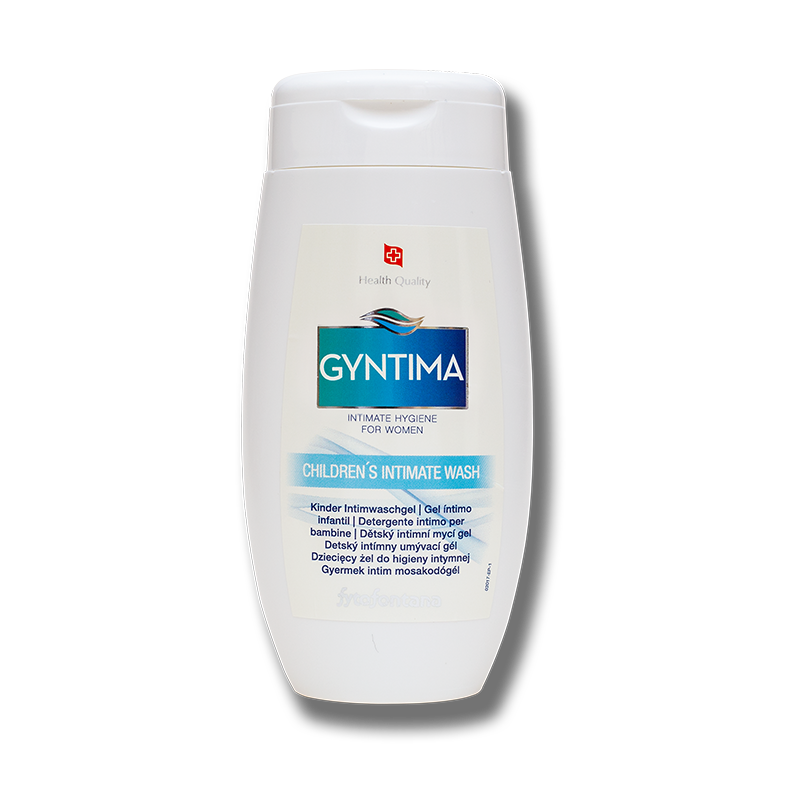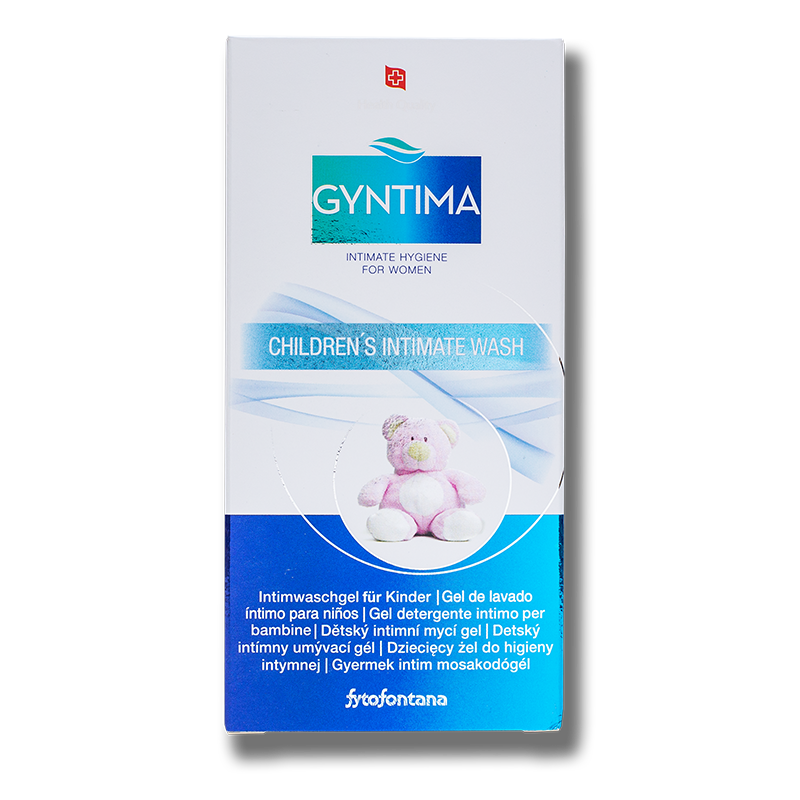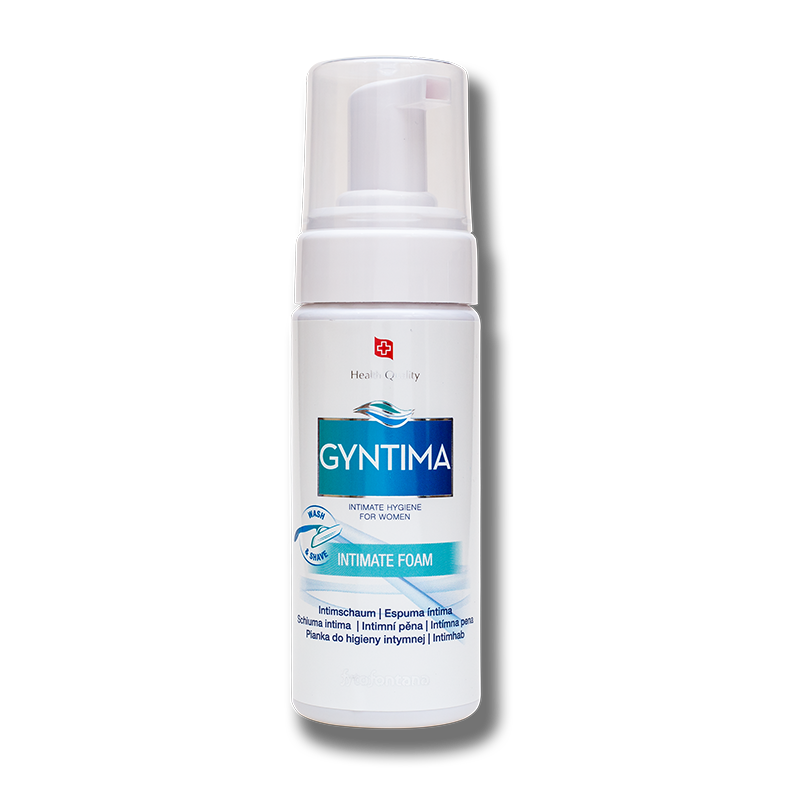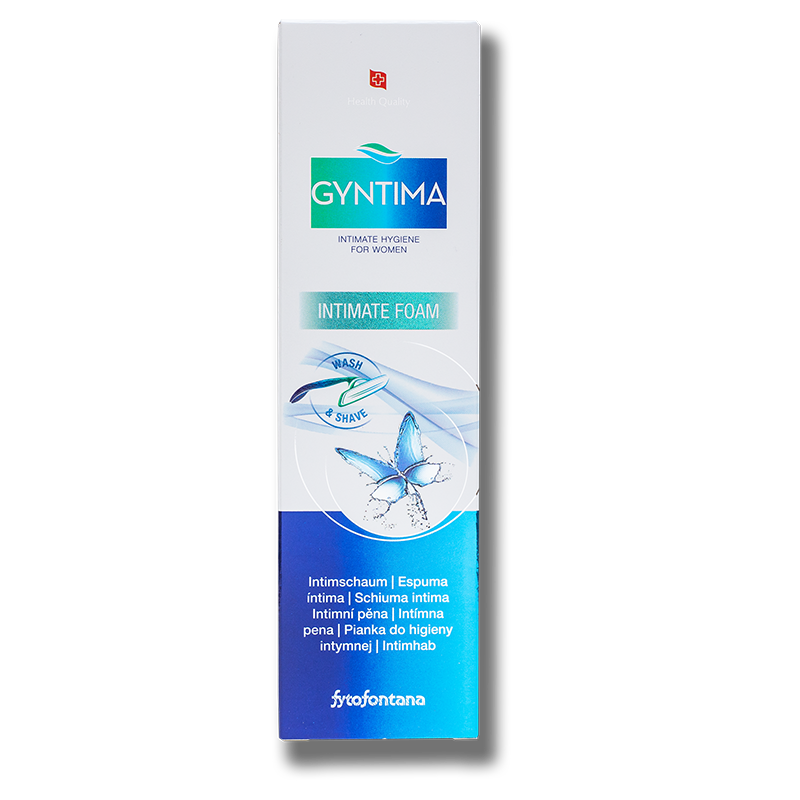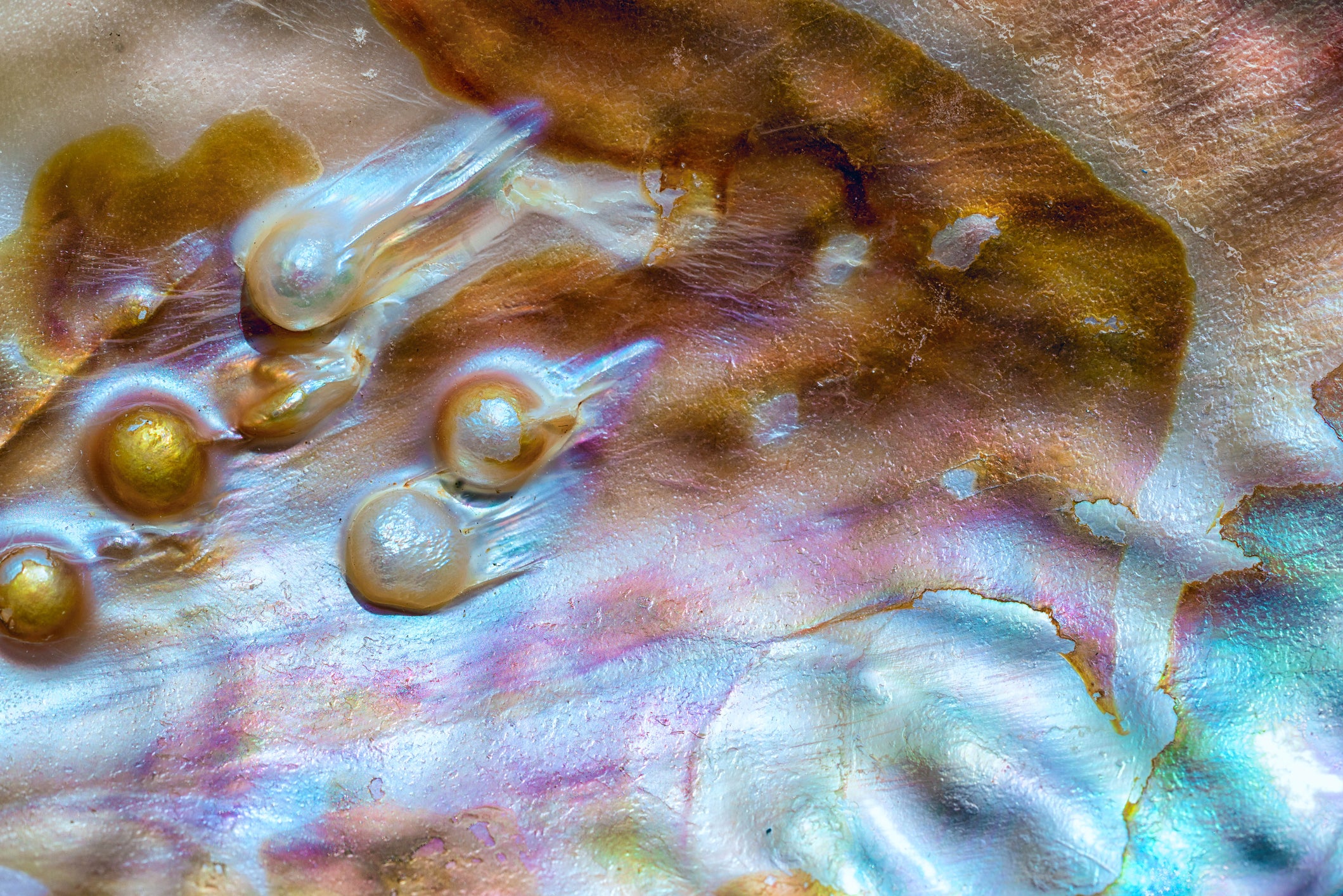
Vaginal atrophy- causes and treatment
Vaginal atrophy occurs when there is a heavy loss in levels of the feminine hormone, estrogen. Commonly referred to as atrophic vaginitis , the vaginal tissue tends to develop thin, dry and shrunken, resulting in the vaginal tissue being more prone to infection and inflammation.
Conditions that occur very commonly can result in lowered estrogen levels that lead to vaginal atrophy may include:
- Menopause - occurring normally when the body increases in age which then causes the ovaries to decrease the production of estrogen.
- Surgical removal of ovaries - done before the natural occurrence of menopause, which can be generally performed at the same time as a hysterectomy (removal of the uterus).
- Medicinal treatment - prescription medicine taken internally that is aimed at decreasing estrogen levels in women who inhabit conditions such as uterine fibrosis or endometriosis.
- Premature menopause - menopause that is considered premature typically begins before the age of 40.
- Breastfeeding
Taking all of this into consideration, vaginal atrophy is a condition that's usually developed at a slower incline with some women only noticing symptoms up to five or ten years after experiencing menopause. Symptoms of vaginal atrophy may consist of the following:
- vaginal dryness,
- the feeling of an itch or burning sensation in your vagina,
- experiencing pain during sexual intercourse,
- light bleeding after sexual intercourse.
With a comfortable range of accessible over-the-counter remedies containing moisturizers and lubricants, simple solutions have been created to help women combat and manage mild to heavier symptoms.
- Gyntima Hyaluronic vaginal suppositories contain hyaluronic acid, which ensures the moist environment. The increased moisture content of the vagina promotes healthy cell proliferation and re-epithelialization of the damaged tissues
- Using a water-based vaginal lubricant during sexual intercourse can be used to provide moisture to the tissues and prevent painful sexual intercourse. The active substances of Gyntima Lubricating gel increase lubricity and reduce the risk of occurrence of minor injuries to the vaginal mucosa. Antimicrobial substances limit the potential development of bacterial and yeast infections and panthenol soothes irritated areas.
- If none of these helps, you may need lower dose estrogen in form of cream, tablet, or ring inserted into the vagina.
Shop at https://gyntima.com/collections/vaginal-injury-atrophy

